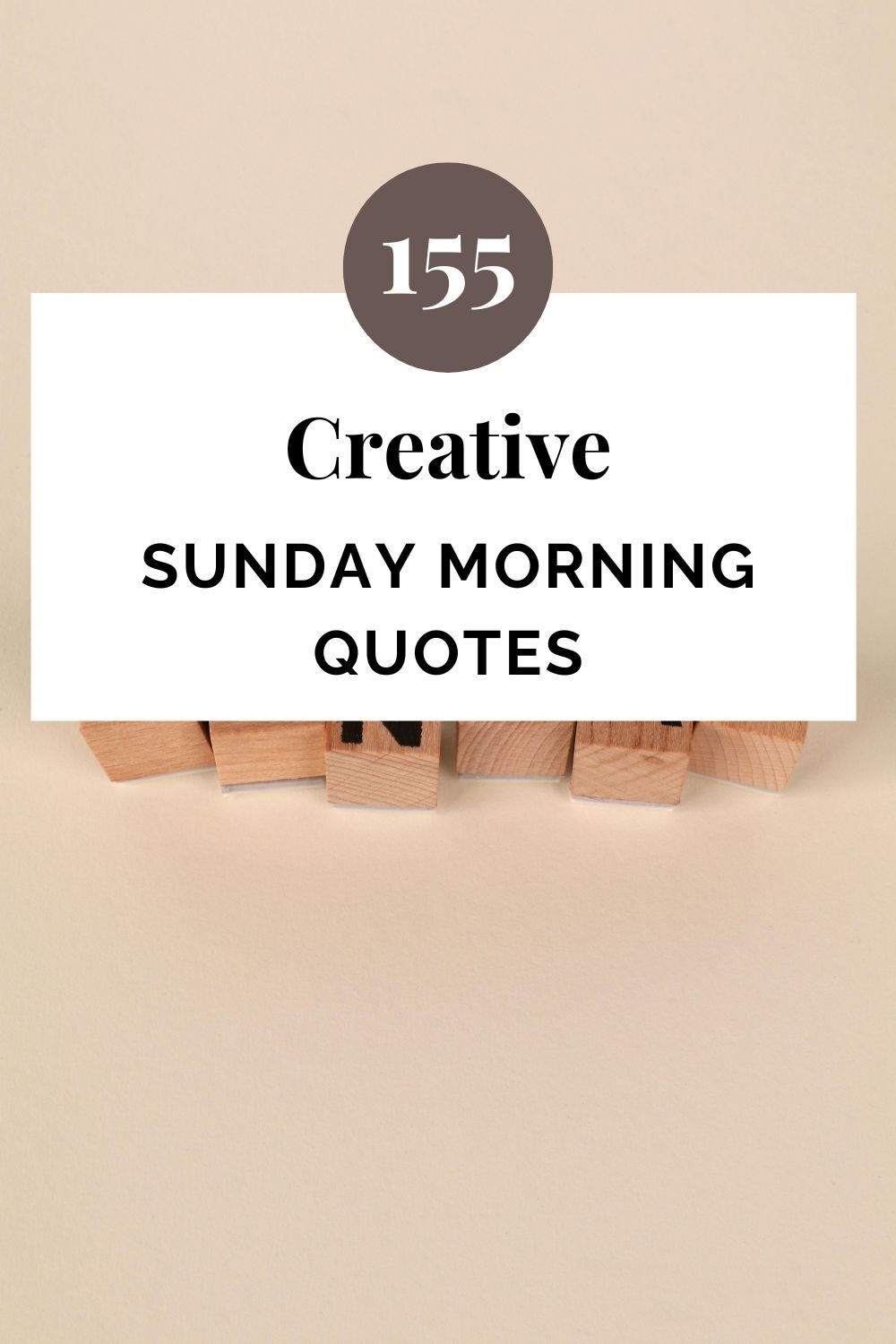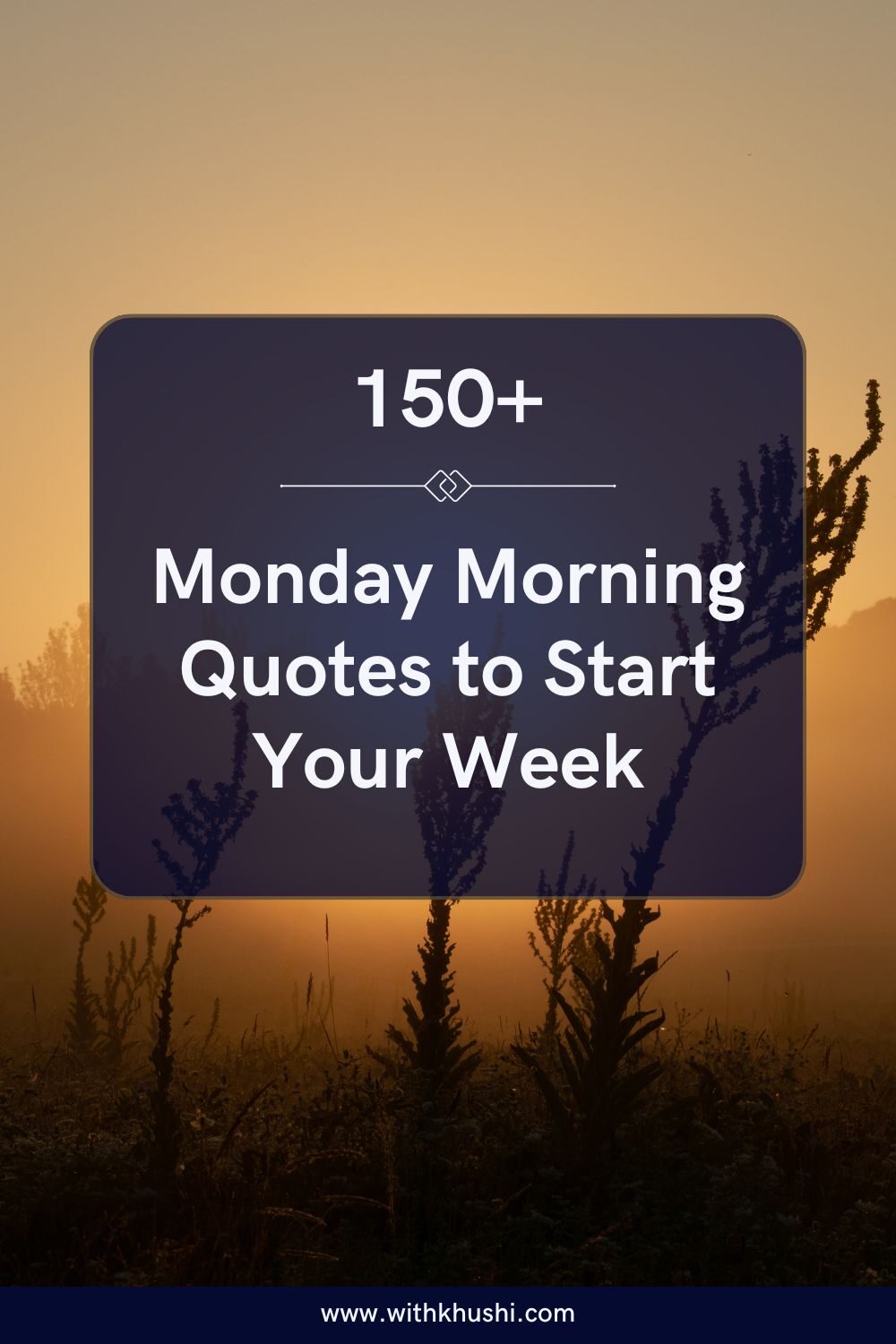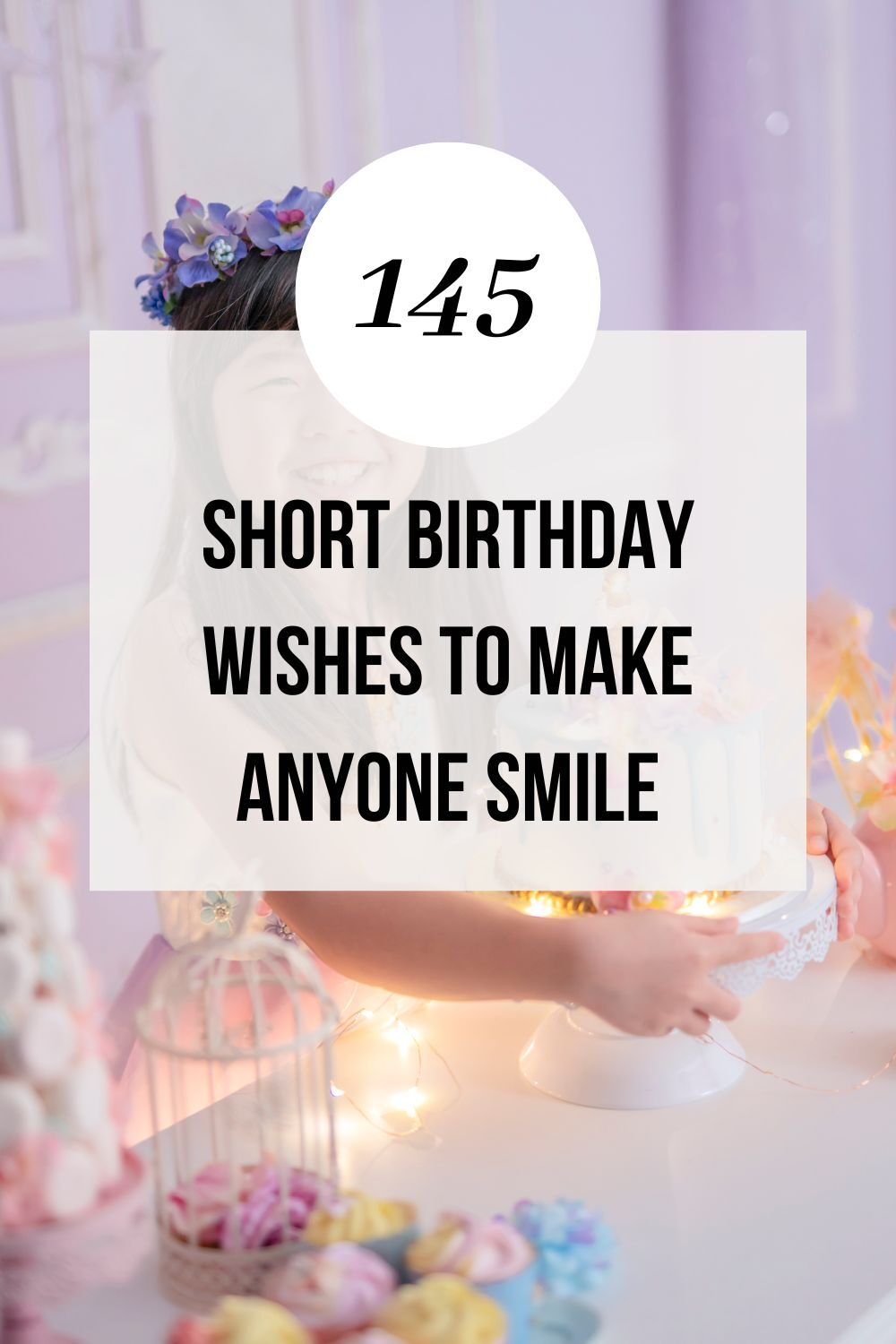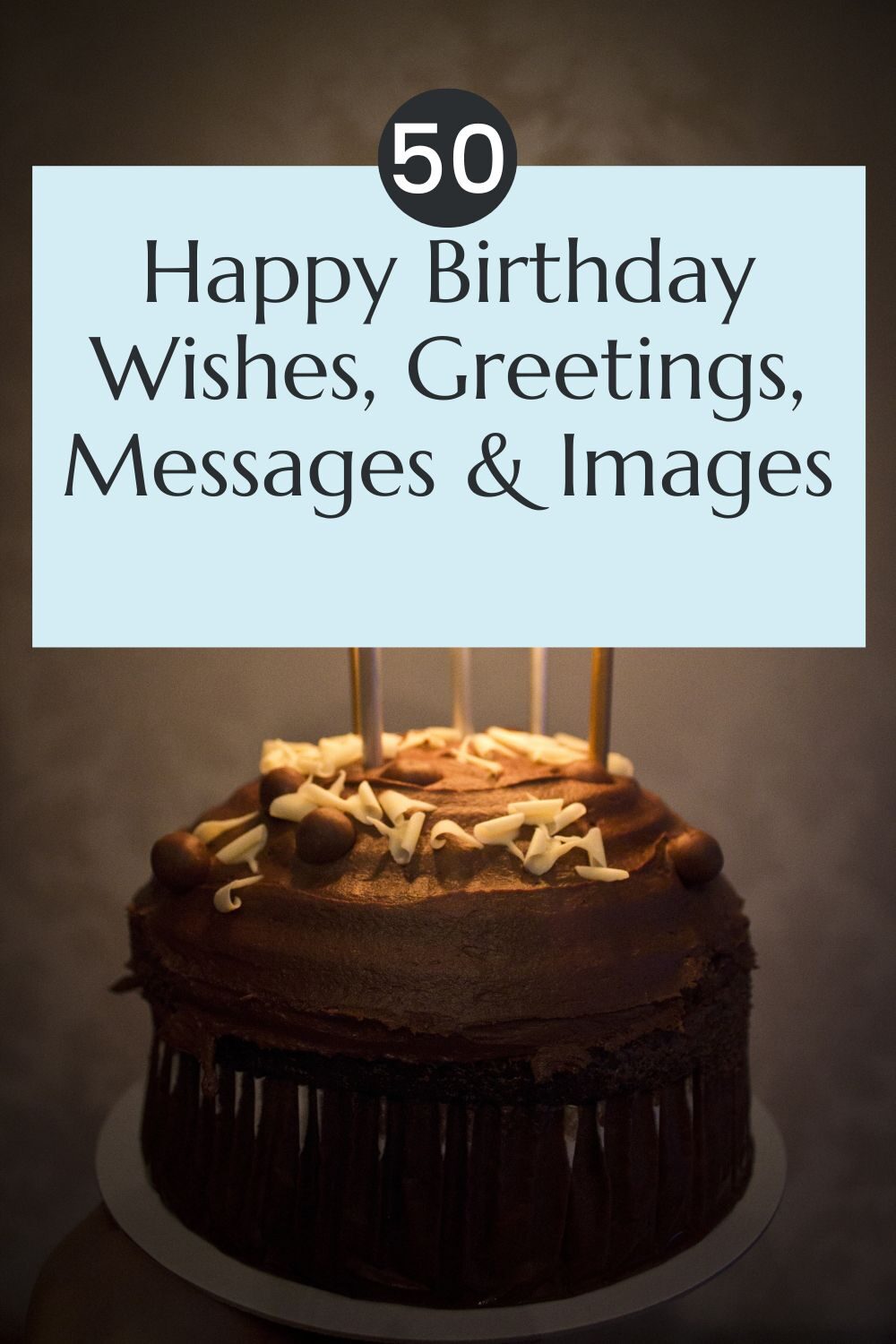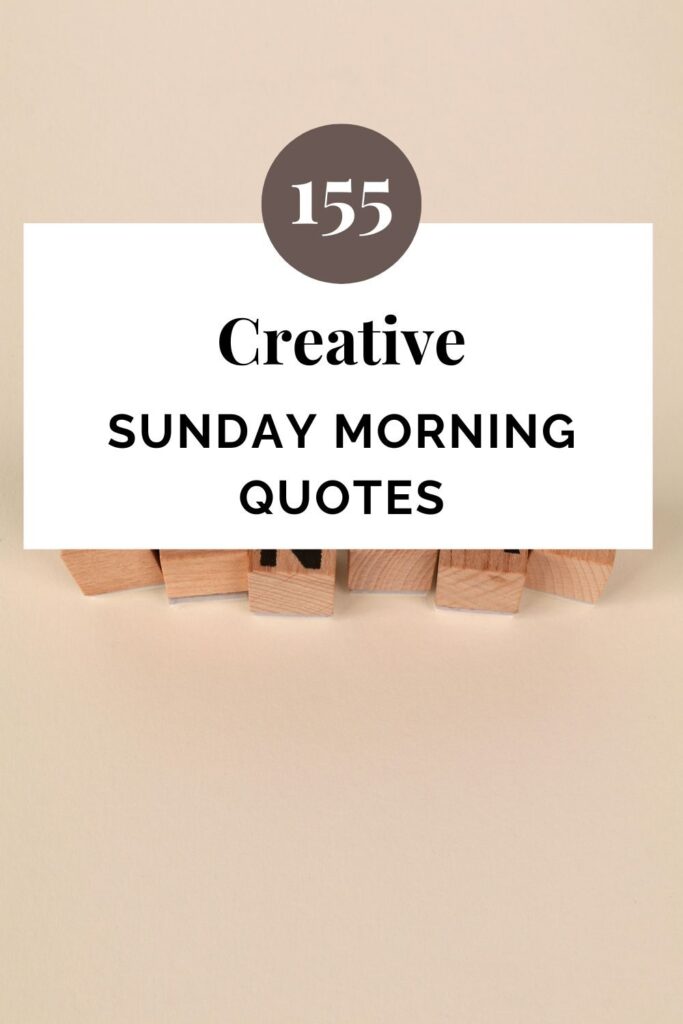When someone shares good news, your words matter more than you might think. Saying “I’m happy for you” is kind and heartfelt, but sometimes, it can feel overused or a little too simple. If you really want to make the other person feel valued and understood, you might be looking for a fresh, creative way to express your joy.
Finding alternative phrases is about more than just vocabulary — it’s about connection. The words you choose can show how much you care, reflect the depth of your relationship, and make your congratulations feel more personal. Whether it’s a friend’s big promotion, a sibling’s engagement, or a coworker’s personal achievement, the right phrase can add warmth and sincerity to your response.
You might want to sound more casual for everyday conversations or more formal for professional contexts. You might want to be enthusiastic, supportive, or even poetic. That’s where having a variety of expressions comes in handy.
In this guide, you’ll discover 10 heartfelt alternatives to “I’m happy for you”. Each one comes with examples of when to use it, how it sounds, and how to make it feel authentic. From friendly and informal to warm and professional, you’ll find phrases here for every situation — so the next time someone shares their good news, you’ll have the perfect words ready.
1. “That’s Wonderful News!”
This phrase is upbeat, warm, and works well in almost any situation. It’s perfect when you want to convey genuine excitement without sounding too formal or too casual.
“That’s wonderful news!” works beautifully in both personal and professional contexts. If a coworker lands a big client or your friend announces they’re expecting a baby, this expression feels both sincere and celebratory.
You can make it even more personal by adding a short follow-up:
- “That’s wonderful news! You’ve worked so hard for this.”
- “That’s wonderful news! I can’t wait to celebrate with you.”
The beauty of this phrase is its versatility. It’s short enough for a quick reply but heartfelt enough to make the other person feel appreciated. It also avoids clichés, giving your congratulations a little freshness.
When you want to keep the tone positive and light, this is a go-to phrase. It’s especially effective if you say it with genuine enthusiasm, a warm smile, or even a quick celebratory gesture like a hug or handshake.
2. “I’m Thrilled for You!”
If you want your excitement to shine through, “I’m thrilled for you!” packs more emotional punch than the standard “I’m happy for you.” The word “thrilled” adds an extra layer of energy and enthusiasm.
This phrase is great for moments when you truly share in the other person’s joy. Maybe your best friend just got engaged, or your sibling finally bought their dream home. Saying “I’m thrilled for you!” lets them know that their happiness is your happiness.
You can expand on it by adding why you feel that way:
- “I’m thrilled for you! You totally deserve this success.”
- “I’m thrilled for you! This is such a huge milestone.”
It works particularly well for close relationships because it feels personal and heartfelt. However, you can also use it professionally, especially in workplaces where warmth and enthusiasm are encouraged.
If you want to really emphasize your emotions, pair the phrase with a personal story, a fond memory, or an inside joke related to the achievement. That way, your congratulations feel unique and memorable.
3. “That Makes Me So Happy to Hear.”
This is a softer, more reflective way of expressing happiness for someone. Instead of focusing only on them, it subtly includes your own feelings — showing that their joy has directly affected your mood.
It works well in both casual and professional settings, especially when you want to sound supportive without being overly energetic. For example, if a colleague mentions they’ve completed a challenging project or a friend tells you they’ve overcome a personal struggle, this phrase feels genuine and heartfelt.
Adding a follow-up makes it even warmer:
- “That makes me so happy to hear. I knew you could do it.”
- “That makes me so happy to hear. You’ve been working toward this for so long.”
Because it focuses on your shared emotional connection, it can strengthen bonds and make your congratulations feel more intimate. It’s an especially good choice when the person’s news is meaningful on an emotional or personal level.
4. “Congratulations! You Deserve This.”
Sometimes, you want to go beyond expressing happiness and acknowledge the hard work, effort, or resilience that led to the achievement. This phrase does exactly that.
By saying “Congratulations! You deserve this,” you’re recognizing not just the outcome but the journey that led there. This makes your words feel more thoughtful and validating.
It’s perfect for moments like promotions, awards, academic achievements, or personal milestones where effort played a key role. For example:
- “Congratulations! You deserve this after all the dedication you’ve shown.”
- “Congratulations! You’ve worked so hard for this.”
The word “deserve” is powerful because it tells the person that their success wasn’t random — it was earned. That acknowledgment can mean a lot, especially for someone who values recognition of their hard work.
5. “I’m Overjoyed for You!”
This phrase adds a touch of elegance and depth to your congratulations. The word “overjoyed” is more expressive than “happy,” and it conveys a sense of shared celebration.
“I’m overjoyed for you!” works beautifully for major life moments — engagements, weddings, graduations, or the birth of a child. It’s a phrase you might also use in a heartfelt card or message, where you have the space to be a little more expressive.
You can expand it by adding a personal note:
- “I’m overjoyed for you! This is a day to remember.”
- “I’m overjoyed for you! I know how much this means to you.”
It feels warm, genuine, and just formal enough to work in both personal and professional settings when the occasion is significant.
6. “That’s So Exciting!”
When the news is full of possibility, “That’s so exciting!” captures the anticipation and energy of the moment. It’s a versatile phrase you can use for everything from small wins to big milestones.
It works particularly well when the person’s news is about something new they’re starting — like a job change, a new project, or moving to a new place. The word “exciting” emphasizes the future ahead and the adventures to come.
Pair it with a question to keep the conversation flowing:
- “That’s so exciting! When do you start?”
- “That’s so exciting! How are you feeling about it?”
Because it focuses on the future, this phrase invites the other person to share more details, keeping the exchange lively and engaging.
7. “I’m So Proud of You.”
Sometimes, the best way to express your happiness is to let the other person know how much you admire them. “I’m so proud of you” combines celebration with deep personal appreciation.
This phrase works best in close relationships — with family, friends, or mentees. It’s not just about being happy for them; it’s about recognizing their growth, courage, or achievements.
You can make it even more impactful by adding specifics:
- “I’m so proud of you for going after your dream job.”
- “I’m so proud of you — you’ve handled this challenge so gracefully.”
It’s especially meaningful when the achievement involved persistence, risk-taking, or personal growth. This phrase can make the other person feel truly seen and valued.
8. “That’s Amazing — I’m Cheering You On!”
If you want to combine celebration with ongoing encouragement, this phrase is perfect. It tells the person you’re not only happy for them now but also rooting for their continued success.
It works well in situations where their achievement is part of a bigger journey — like launching a business, starting a new course, or training for a marathon.
For example:
- “That’s amazing — I’m cheering you on every step of the way.”
- “That’s amazing — you’ve got this!”
The active “cheering you on” makes it feel supportive and enthusiastic, as if you’re part of their personal fan club.
9. “I’m Delighted for You.”
This phrase has a refined, slightly formal tone that works well in professional or semi-formal contexts. It’s a great choice for congratulating colleagues, clients, or acquaintances in a respectful yet warm way.
“I’m delighted for you” feels polished and gracious, making it ideal for written messages, speeches, or formal emails.
You can personalize it by adding context:
- “I’m delighted for you on this well-earned promotion.”
- “I’m delighted for you — your dedication is inspiring.”
It strikes the perfect balance between professionalism and warmth, making it a safe and thoughtful choice for many situations.
10. “I’m So Glad This Happened for You.”
This is a gentle, thoughtful alternative that focuses on the outcome rather than just your emotions. It’s especially fitting for achievements or happy events that come after challenges or setbacks.
It works beautifully when you know the person has been waiting or working for something for a long time. It acknowledges the journey without having to go into details.
You can make it more personal by adding a heartfelt follow-up:
- “I’m so glad this happened for you. You truly deserve it.”
- “I’m so glad this happened for you. I’ve been hoping for this moment.”
This phrase is warm, empathetic, and works in both close personal relationships and more reserved professional settings.
Conclusion
Saying “I’m happy for you” will always be kind, but using different phrases can make your congratulations more personal, heartfelt, and memorable. Whether you want to sound casual and friendly or formal and elegant, there’s a way to match your words to the mood and meaning of the moment.
From the joyful energy of “I’m thrilled for you!” to the gracious warmth of “I’m delighted for you,” each of these alternatives offers a fresh way to express your shared happiness. The next time someone shares their good news, you can choose the phrase that feels most genuine — and in doing so, make your words stand out.
FAQs
1. Why should I use different phrases instead of just “I’m happy for you”?
Using varied expressions keeps your responses fresh and shows that you put thought into your words.
2. Which alternatives work best for professional situations?
“I’m delighted for you” and “Congratulations! You deserve this” are ideal for formal contexts.
3. How can I make my congratulations more personal?
Add a follow-up that acknowledges the person’s hard work, journey, or emotions.
4. What’s a good option for very close relationships?
“I’m so proud of you” or “I’m thrilled for you” can feel more intimate and heartfelt.
5. Can I combine these phrases for more impact?
Yes — for example, “That’s wonderful news! I’m so proud of you” blends two expressions into one warm response.

